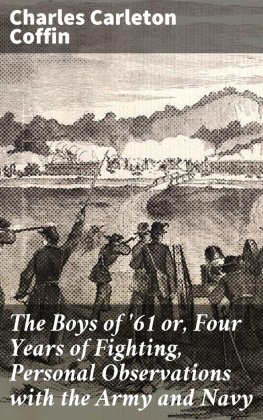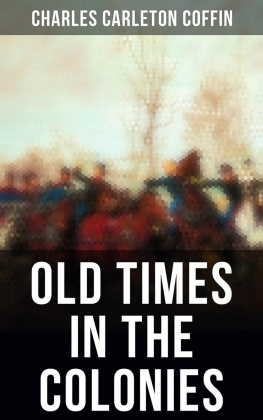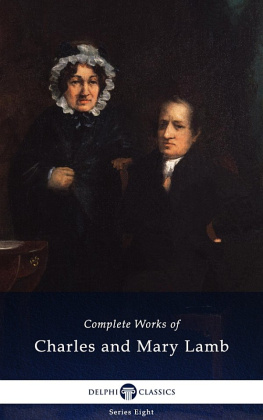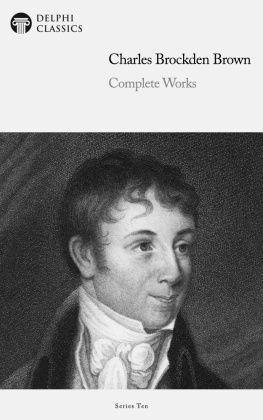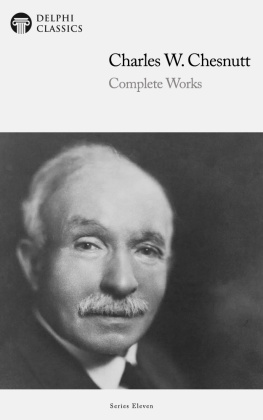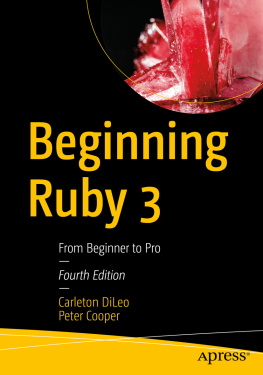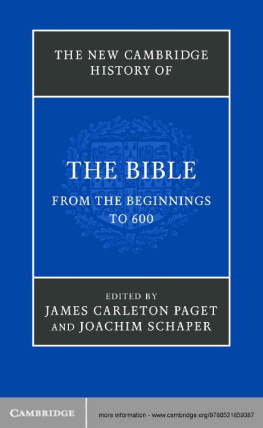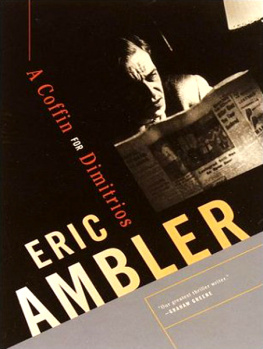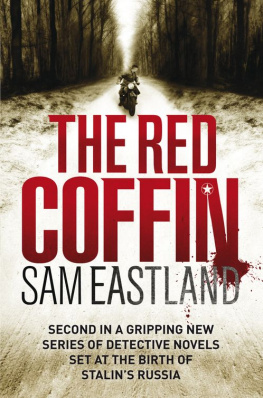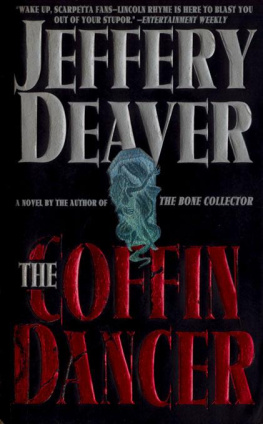CHAPTER I.
FIRST YEARS.
Many years ago, before railroads were thought of, a company of Connecticut farmers, who had heard marvellous stories of the richness of the land in the West, sold their farms, packed up their goods, bade adieu to their friends, and with their families started for Ohio.
After weeks of travel over dusty roads, they came to a beautiful valley, watered by a winding river. The hills around were fair and sunny. There were groves of oaks, and maples, and lindens. The air was fragrant with honeysuckle and jasmine. There was plenty of game. The swift-footed deer browsed the tender grass upon the hills. Squirrels chattered in the trees and the ringdoves cooed in the depths of the forest. The place was so fertile and fair, so pleasant and peaceful, that the emigrants made it their home, and called it New Hope.
They built a mill upon the river. They laid out a wide, level street, and a public square, erected a school-house, and then a church. One of their number opened a store. Other settlers came, and, as the years passed by, the village rang with the shouts of children pouring from the school-house for a frolic upon the square. Glorious times they had beneath the oaks and maples.
One of the jolliest of the boys was Paul Parker, only son of Widow Parker, who lived in a little old house, shaded by a great maple, on the outskirts of the village. Her husband died when Paul was in his cradle. Paul's grandfather was still living. The people called him "Old Pensioner Parker," for he fought at Bunker Hill, and received a pension from government. He was hale and hearty, though more than eighty years of age.
The pension was the main support of the family. They kept a cow, a pig, turkeys, and chickens, and, by selling milk and eggs, which Paul carried to their customers, they brought the years round without running in debt. Paul's pantaloons had a patch on each knee, but he laughed just as loud and whistled just as cheerily for all that.
In summer he went barefoot. He did not have to turn out at every mud-puddle, and he could plash into the mill-pond and give the frogs a crack over the head without stopping to take off stockings and shoes. Paul did not often have a dinner of roast beef, but he had an abundance of bean porridge, brown bread, and milk.
"Bean porridge is wholesome food, Paul," said his grandfather. "When I was a boy we used to say,
'Bean porridge hot, Bean porridge cold, Bean porridge best Nine days old.'
The wood-choppers in winter used to freeze it into cakes and carry it into the woods. Many a time I have made a good dinner on a chunk of frozen porridge."
The Pensioner remembered what took place in his early years, but he lost his reckoning many times a day upon what was going on in the town. He loved to tell stories, and Paul was a willing listener. Pleasant winter-evenings they had in the old kitchen, the hickory logs blazing on the hearth, the tea-kettle singing through its nose, the clock ticking soberly, the old Pensioner smoking his pipe in the arm-chair, Paul's mother knitting,Bruno by Paul's side, wagging his tail and watching Muff in the opposite corner rolling her great round yellow eyes. Bruno was always ready to give Muff battle whenever Paul tipped him the wink to pitch in.
The Pensioner's stories were of his boyhood,how he joined the army, and fought the battles of the Revolution. Thus his story ran.
"I was only a little bigger than you are, Paul," he said, "when the red-coats began the war at Lexington. I lived in old Connecticut then; that was a long time before we came out here. The meeting-house bell rung, and the people blew their dinner-horns, till the whole town was alarmed. I ran up to the meeting-house and found the militia forming. The men had their guns and powder-horns. The women were at work melting their pewter porringers into bullets. I wasn't o'd enough to train, but I could fire a gun and bring down a squirrel from the top of a tree. I wanted to go and help drive the red-coats into the ocean. I asked mother if I might. I was afraid that she didn't want me to go. 'Why, Paul,' says she, 'you haven't any clothes.' 'Mother,' says I, 'I can shoot a red-coat just as well as any of the men can.' Says she, 'Do you want to go, Paul?' 'Yes, mother.' 'Then you shall go; I'll fix you out,' she said. As I hadn't any coat she took a meal-bag, cut a hole for my head in the bottom, and made holes for my arms in the sides, cut off a pair of her own stocking-legs, and sewed them on for sleeves, and I was rigged. I took the old gun which father carried at Ticonderoga, and the powder-horn, and started. There is the gun and the horn, Paul, hanging up over the fireplace.
"The red-coats had got back to Boston, but we cooped them up. Our company was in Colonel Knowlton's regiment. I carried the flag, which said, Qui transtulit sustinet. I don't know anything about Latin, but those who do say it means that God who hath transported us hither will sustain us; and that is true, Paul. He sustained us at Bunker Hill, and we should have held it if our powder had not given out. Our regiment was by a rail-fence on the northeast side of the hill. Stark, with his New Hampshire boys, was by the river. Prescott was in the redoubt on the top of the hill. Old Put kept walking up and down the lines. This is the way it was, Paul."
The Pensioner laid aside his pipe, bent forward, and traced upon the hearth the positions of the troops.
"There is the redoubt; here is the rail-fence; there is where the red-coats formed their lines. They came up in front of us here. We didn't fire a gun till they got close to us. I'll show you how the fire ran down the line."
He took down the horn, pulled out the stopper, held his finger over the tip, and made a trail of powder.
"There, Paul, that is by the fence. As the red-coats came up, some of us began to be uneasy and wanted to fire; but Old Put kept saying, 'Don't fire yet! Wait till you can see the white of their eyes! Aim at their belts!'"
While the Pensioner was saying this, he took the tongs and picked a live coal from the fire.
"They came up beautifully, Paul,the tall grenadiers and light-infantry in their scarlet coats, and the sun shining on their gun-barrels and bayonets. They wer'n't more than ten rods off when a soldier on top of the hill couldn't stand it any longer. Pop! went his gun, and the fire ran down the hill quicker than scat! just like this!"
He touched the coal to the powder. There was a flash, a puff of smoke rising to the ceiling, and filling the room.
"Hooray!" shouted Paul, springing to his feet. Muff went with a jump upon the bureau in the corner of the room, her tail as big as Paul's arm, and her back up. Bruno was after her in a twinkling, bouncing about, barking, and looking round to Paul to see if it was all right.


